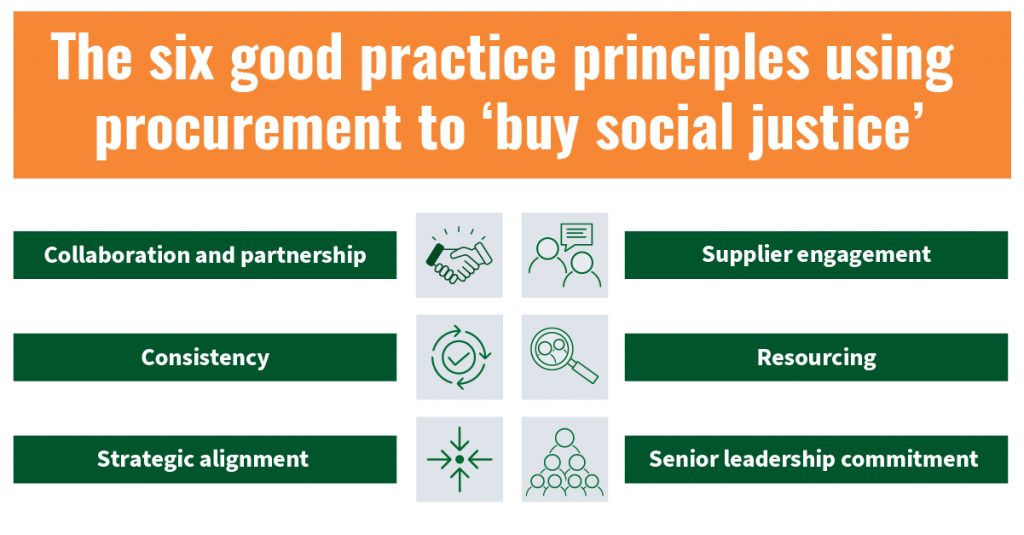Buying Social Justice equality and diversity toolkit presented to South African public sector leaders
An audience of more than forty South African public sector officials from the Limpopo Provincial Government heard Professor Tessa Wright present the Buying Social Justice through procurement: an equality and diversity toolkit on 1 February 2024. They were attending a workshop on public procurement as an instrument to advance gender equality, as part of an EU-funded Budget Support Programme, titled Gender Equality & Women Empowerment (GEWE). The workshop was organised by Sheila Quinn, part of the technical assistance team to GEWE.
Prof Wright highlighted the common principles of using public procurement to drive social change identified in the toolkit, that should be of relevance to those working in the public sector in South Africa, as well as the UK. The Six Good Practice Principles featured in the toolkit are:
- collaboration and partnership working;
- open and transparent engagement with suppliers;
- strategic alignment across the public sector and within each organisation (the “golden thread”);
- consistency of approach to build capacity and reduce complexity;
- resourcing of equality, community engagement and procurement functions; and
- senior leadership and political commitment that prioritises social justice.
This approach was welcomed by participants at a time when the South African government is revising its procurement legislation in response to a challenge in the Constitutional Court. The Constitution contains a commitment to using preferential procurement to protect or advance those affected by unfair discrimination. However the use of pre-qualification criteria in the tendering process to advance designated groups, including black people, women, people with a disability and small enterprises, was the subject of challenge. In response, the government introduced new regulations in January 2023 as interim guidance while a new Public Procurement Bill passes through parliament.
Nevertheless, President Ramaphosa’s promise that 40% of public procurement spending should be with women-owned businesses remains. In spite of modifications to its procurement legislation, South Africa is the country with the strongest legal framework for using procurement policy to achieve equality identified in our research, through the inclusion of human rights, equality and procurement obligations in its constitution and supporting legislation (Wright, Conley and Sarter, forthcoming, 2024).
Workshop organiser Sheila Quinn said: “There are many aspects of public procurement that are universal as there are similar challenges when it comes to integrating gender into the process. Professor Wright’s explication of the toolkit opened the understanding of workshop participants to the notion that the mandate on gender equality applies to all who gain public contracts and is not just about granting more contracts for women. A big step forward in thinking.”
The interactive toolkit provides guidance for anyone interested in how public procurement can incorporate equality and diversity objectives, and was written by Frances McAndrew of Goss Consultancy in collaboration with the project researchers, Professor Tessa Wright, Professor Hazel Conley, Dr Joyce Mamode and Dr E. K. Sarter.
The toolkit is free to download here: Buying Social Justice through procurement: an equality and diversity toolkit



